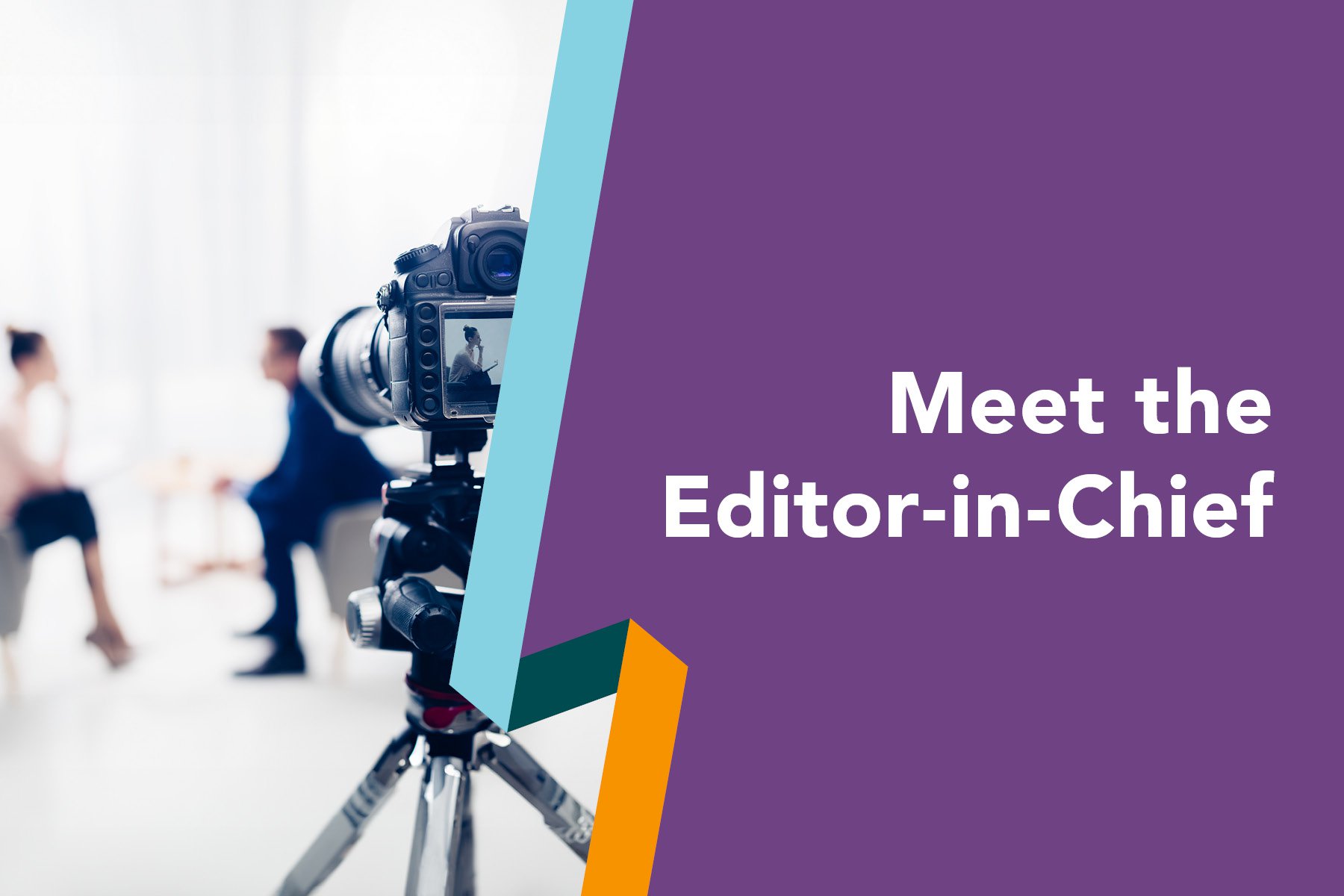On the occasion of the 10th anniversary of the Declaration on Research Assessment (DORA), we had a conversation with Ashley Farley, Program Officer of Knowledge and Research Services at the Bill and Melinda Gates Foundation in Seattle. In the recorded chat, we explored insights into publishing and scholarly communications’ transition towards Open Access (OA) and Open Science. As a long-time advocate for Open Research, Farley shed light on the impact of initiatives such as DORA in promoting a more collaborative and equitable research environment – and why that matters.
Shifting Research Assessment Practices
A key benefit of DORA’s efforts is that the shift in research assessment practices can foster more OA publishing. Farley laments that the focus on journals with a high impact factor (IF) often overshadows the dissemination of research findings and can inhibit collaboration. Part of this issue, she explains, is the pressure researchers feel from their institutions to publish in prestigious journals as the basis for their career advancement. They then feel motivated to chase publication in the journal with the highest IF instead of being open to other venues – regardless of their potential for contributing to and building on the research ecosystem.
Shifting publishing culture takes a lot of work, from allocating funding to OA initiatives to educating researchers on the consequences their publishing choices can have. “As a large organization that grants almost over $7 billion in grant funding,” Farley says, “we [want] to ensure that this funding will have a larger impact.”
Engaging Researchers
Farley acknowledges that many researchers may not have concepts like DORA, OA and Open Science on their radar. She emphasizes the importance of raising awareness about the publishing process and its implications. In describing her experience as a Program Officer, she said, “it was fascinating to see that the most senior researchers may lack in-depth knowledge on the publishing process.”
To remedy this, researchers should be educated about their rights as authors and options that enable their work to reach a broader audience and maximize its impact. But a lack of awareness isn’t the only issue holding OA back.
Publishing an article can be an involved process that can takes months or possibly even a year. “The process can be so arduous and time intensive,” Farley empathizes, “I can understand that researchers may only be concerned with simply getting their article out there. That dynamic is very understandable, which is why we want to encourage authors to consider the components of the system.”
Think (and Act) Open and Global
To effect more change, research and scholarly communications communities need to prioritize the research itself rather than the IF of the venue of publication. Though it will take significant effort, the pressure on researchers to publish in specific journals based on reputation should be diminished. Breaking the cycle, as DORA aims to do, will help knowledge to flourish.
We know achieving a more open model as the default for scholarly publishing is possible. During the recent pandemic, Farley notes, “information became more open and accessible” – evidence OA can be achieved on a bigger scale.
As signatories to DORA, organizations have made progress in integrating its principles, though there is still much work to be done on many levels. Farley says, “My dream is to get to a point where I’m not talking about Open Access anymore because it is just the way that we now publish and do things.”
Looking at news and online sessions organized by DORA for its anniversary, Farley said she especially appreciates that it has been amplifying voices and needs of researchers from all over the world.
Encouraging data sharing and embracing various information artifacts beyond traditional articles will further enhance the research ecosystem. By continuing to raise awareness, challenging biases about publication venues, and supporting diverse research outputs, Farley firmly believes that Open Access and Open Science can effectively foster collaboration and propel knowledge to new frontiers.






Comments
Share your opinion with us and leave a comment below!